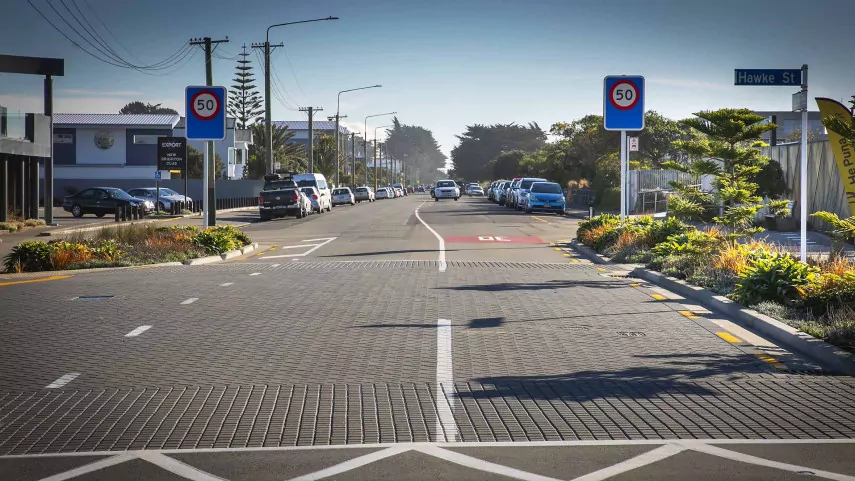OPINION: Jacinda Ardern’s denunciation of the “politics of fear” during her address at the University of Bologna has rightfully been criticised as highly hypocritical given the fear tactics she used during her own tenure.
Perhaps the biggest user of fear was indeed Ardern herself who utilised this emotion as a subtle yet potent tool of control.
Remember the notorious “locations of interest” list? It served as a daily dose of dread, indiscriminately casting businesses—be it a humble fish and chip shop or a sprawling department store—into the limelight of potential COVID-19 hotspots.
This list of doom was less about informed caution and more about perpetuating a state of perpetual fear, with little follow-up on actual transmission risks.
Such tactics not only fuelled an atmosphere of anxiety but also questioned the transparency and accountability of her administration.
Ardern’s advisories often verged on the absurd, promoting a culture where societal cohesion was sacrificed for excessive caution backed up by Government funded professors and a pink haired microbiologist (who as we now know were given a heads up prior to covid related announcements) scrambling over one another for their dose of media adulation.
Remember when Ardern instructed “don’t talk to your neighbours?”
The media, especially Stuff, served as zealous enforcers for Ardern, embarking on aggressive campaigns against those who defied government mandates and the unvaccinated, employing tactics of public shaming.
The Christchurch Press took an alarmingly punitive stance against a former senior council member over his choice to remain unvaccinated.
They not only featured his photograph prominently on the front page but did so in a manner that likened his personal health decision to an act of heinous crime, effectively casting him as a societal pariah.
Instructions to avoid even the most basic human interactions painted a grim picture of isolation, undermining the community’s collective resolve to face the pandemic.
The real fear, however, transcended health concerns, touching on the visceral dread of personal financial insecurity.
The many conversations I’ve had with normal people revealed a stark reality, their adherence to vaccination mandates was driven by fear of job loss than by health convictions, a testament to the coercive power of Ardern’s fear-driven governance.
Moreover, Ardern’s appeal to “be kind” ironically became a cudgel to silence dissent, showcasing a troubling intolerance for critical voices
Her media narratives, laden with dire predictions and misplaced blame on the unvaccinated, manipulated fear to quash opposition, raising profound concerns about the ethical use of leadership platforms.
The public was urged to report alleged rule violators, a call that was startlingly heeded by many.
The international accolades Ardern continues to receive starkly contrast with her popularity at home, highlighting a divisive legacy shaped by reliance on fear-inducing policies.
Ardern’s administration needs to come under intense scrutiny during the Royal Commission of Inquiry into the handling of the pandemic and the constant fear porn employed to control the population.
Her leadership compromised the very essence of democratic governance and when she did a runner from the PM gig, she left behind a fractured and divided community which will take years to heal.









